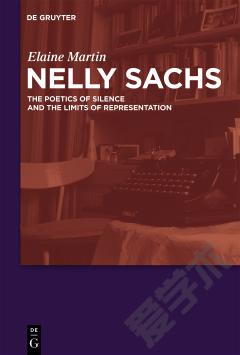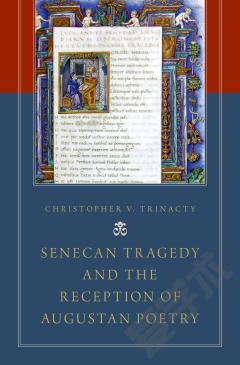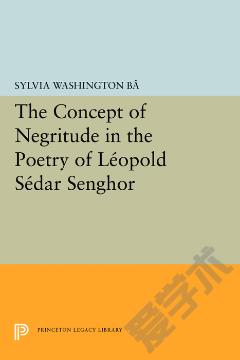Nelly Sachs —— The Poetics of Silence and the Limits of Representation
----- 马丁:内莉·萨克斯
This book examines the poetry of the Nobel Prize-winning poet Nelly Sachs. It shifts established patterns of reception by analysing the author's reception in East and West Germany after the war and the role she came to play in theWest as a representative 'Poet of Reconciliation'. The study situates Sachs' work within the framework of the debate surrounding the representation of the Holocaust, exploring the aesthetic means by which Sachs renders the aporetic tension at the heart of Adorno's writings on Holocaust art legible in her poetry. The primary question addressed is whether Sachs' poetry, in spite of the fact that it thematises the impossibility of adequate representation, has representational value, or whether it is bereft of concrete, representational meaning as a result of the often fragmented nature of her writing. In particular, theauthor confronts those critics who see a redemptive strategy at play in Sachs' work, in favour of a reading that regards her work as permeated with the concrete events of the Holocaust and irreconcilably opposed to any notion of a sense-making, redemptive paradigm.
{{comment.content}}








 京公网安备 11010802027623号
京公网安备 11010802027623号